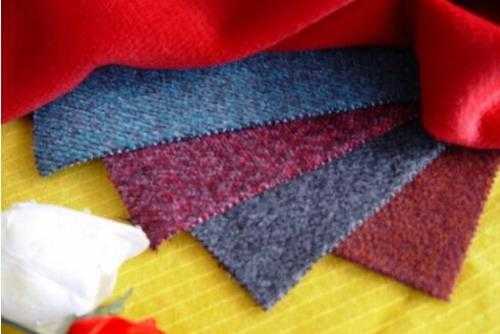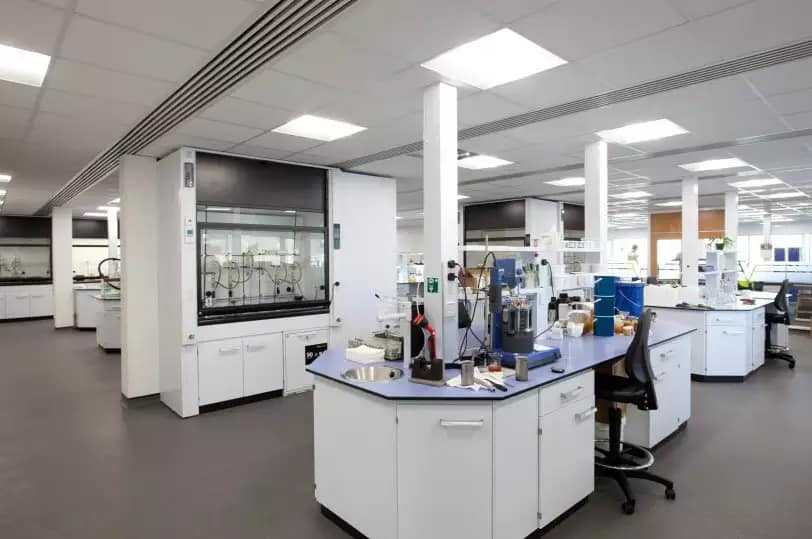Site: Home > News and events 


Test methods and standards for air permeability of textiles
The breathability of textiles refers to the performance of air permeating the textiles when there is a pressure difference between the two sides of the textiles. That is, the volume of air flowing through a unit area of the textile per unit time under a specified pressure difference on both sides of the textile, and the common unit is mm/s. Because the pressure difference is a necessary condition for air to flow, only by maintaining a certain pressure difference on both sides of the tested textile can air flow in the textile.
Textile air permeability test method; textile air permeability tester is needed. Textile air permeability tester is a special instrument for testing the air permeability of textiles. The internationally popular air permeability tester has three methods for the flow test unit: orifice type, round Shape nozzle type, flow meter method. Among them, the domestic common methods are the first two. There are related regulations in GB/T2624 and ISO5167. The last method of using a flow meter has a small test range and not many users. The air permeability meter uses a high-precision pressure sensor to test the pressure difference between the two sides of the sample. The flow rate is calculated by the single-chip microcomputer, and the air permeability and the air permeability can be displayed.

Different materials, due to differences in testing standards and methods, the unit of test data is very different: for example, the final test result of textiles is air permeability (mm/s), while the final test result of leather is air permeability (ml/cm2- h). With special operating software, the same penetrability tester can complete the conversion of the above various test data.
Textile breathability standard
For the determination of the air permeability of textiles, my country is mainly based on the GB/T5453-1997 standard, which is applicable to a variety of textile textiles, including industrial textiles, non-woven fabrics and other air-permeable textile products. It merely distinguishes the pressure drop between textiles for use and textiles for industrial use during the test. The pressure drop of taking textiles is 100Pa, and the pressure drop of industrial textiles is 200Pa. In the national standard GB/T 5453-1985 "Test Method for Air Permeability of Textile Fabrics", the air permeability (referring to the volume of air flowing through a unit area of the textile per unit time under a specified pressure difference on both sides of the textile) is used to measure the air permeability of the textile The revised standard GB/T 5453-1997 adopts air permeability (referring to the rate of air flow through the sample vertically under the specified sample area, pressure drop and time conditions) to represent the air permeability of textiles.

International standards are ISO 9237-1995 (mainly applied to textiles, industrial fabrics, non-woven fabrics) and ISO 7229-1997 (mainly applied to rubber or plastic coated textiles); the American Material Testing and Association standard is ASTM D 737-1996 (mainly used in textiles and textiles); British national standard is BS 5636 (mainly used in textiles and textiles).
Qinsun instrument focus on developing and manufacturing textile testing instrument equipment,laboratory equipment, protective clothing testing equipment, mask testing equipment.If you want to know the latest textile testing related inquiries, please leave us a message.
2021-08-27 11:48
